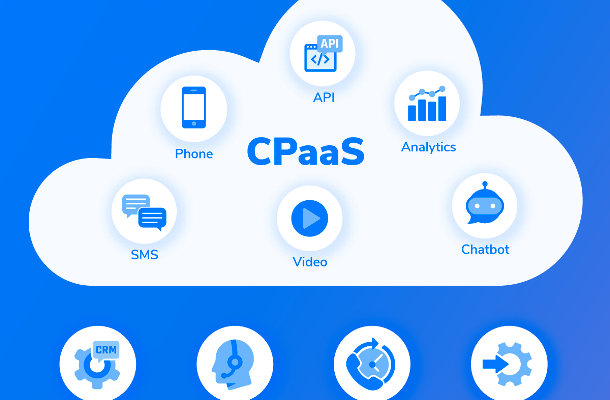Communications Platform as a Service (CPaaS) has evolved from powering omni-channel engagement to becoming a cornerstone of digital transformation.
RELATED: CPaaS market to reach $29B globally by 2025, with growth driven by SME sector
Providers are moving beyond core communications APIs to integrate artificial intelligence (AI), customer data platforms, and business applications, enabling enterprises to deliver personalized, measurable customer experience (CX) outcomes. At the same time, telcos are developing CPaaS capabilities through acquisitions, partnerships, and network API innovation, says GlobalData, a leading data and analytics company.
More CPaaS firms see themselves as enablers of enhanced customer engagement across different channels and business functions (e.g., marketing, sales, operations, and customer service). This means greater emphasis on customer data platform (CDP), AI/GenAI, and integration with a range of business applications, such as CRM with contact center, and workflow automation tools to deliver better customer engagement solutions with quantifiable outcomes (e.g., increased NPS, CSAT, click-through rates).
GlobalData’s research reveals that the market remains very competitive with various vendors driving differentiation through innovation, partnerships and global scale. Twilio and Infobip are the leaders, while Proximus Global, Sinch, Tata Communications/Kaleyra, and Vonage are very strong in this space.
There are many CPaaS providers globally and while GlobalData tracks the development of several of them, this report features major global competitors that have sizeable market share (indicating customer acceptance), a strong vision, extensive partnership, and the resources to innovate.
Siow Meng Soh, Research Director, Technology at GlobalData, comments: “CPaaS vendors have been driving differentiation through rapid innovation. They are now in the AI race, particularly agentic AI, helping businesses to automate interactions with customers and provide personalized services. Trust is another key focus particularly around fraud prevention and branded communications.”
There is also a strong, somewhat symbiotic, relationship between CPaaS companies and telcos since both are delivering communications services. More telcos are developing CPaaS capabilities internally and/or offering them to enterprises as a turnkey solution on their own or via partners.
Tata Communications with the acquisition of Kaleyra and Proximus Global with the acquisition of Telesign and Route Mobile are now major CPaaS competitors. Vendors such as Vonage, Infobip, Proximus Global, and Sinch are also having strong traction in partnering with telcos to offer CPaaS.
In addition, these companies have aligned with Aduna and/or Nokia to add network API capabilities and help CSPs drive application development. While the initial focus is on fraud prevention, they are exploring network capabilities such as quality-on-demand (QoD) and industrial automation.
Soh concludes: “CPaaS is entering a pivotal phase where value creation will be measured by the ability to deliver trusted, outcome-driven engagement at scale. As enterprises embrace AI and network-enabled services, the winners will be those that can balance innovation with security, ecosystem partnerships, and tangible business impact.”






























